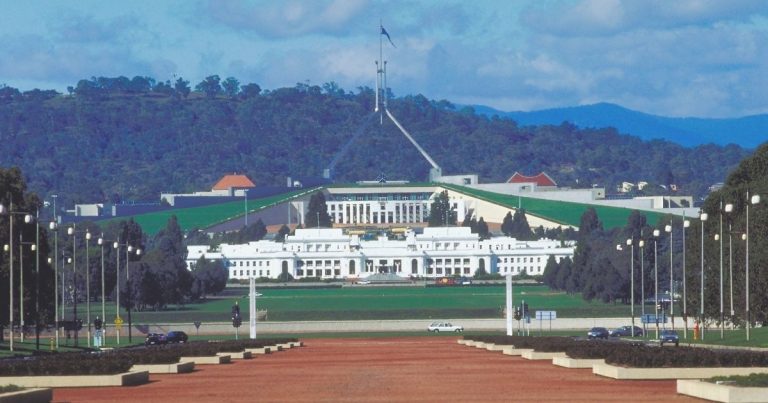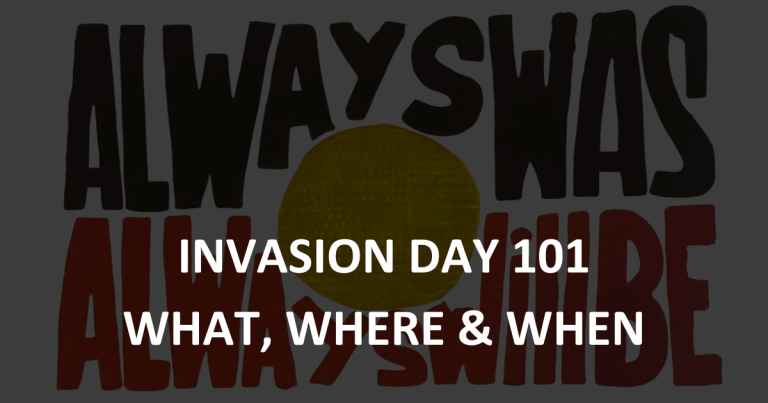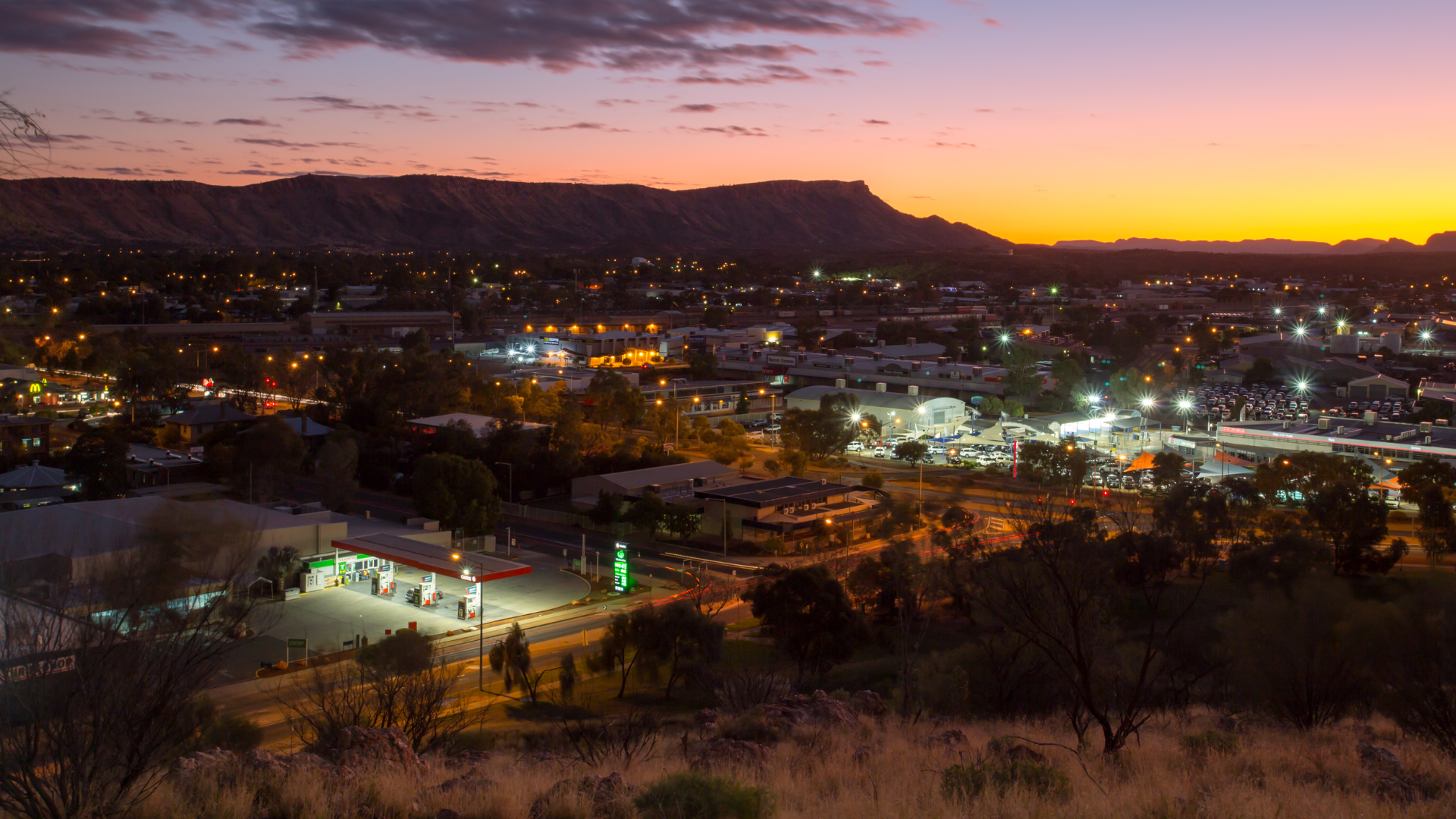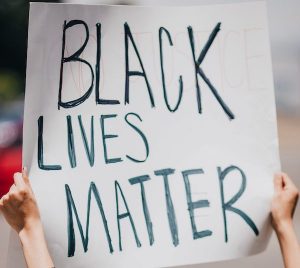 Our lawyers behind the scenes on the Black Lives Matter Protest Case
Our lawyers behind the scenes on the Black Lives Matter Protest Case
It was late on the afternoon of 6 June, when the NSW Court of Appeal was convened to hear an urgent appeal concerning the legality of planned Black Lives Matter protests.
Lawyers from O’Brien Criminal and Civil Solicitors, who represented protest organisers in the matter, have now spoken about how the hearing was put together, and how an appeal was secured minutes before an otherwise ‘illegal’ protest took place.
Footage depicting the brutal police killing of 46-year-old African American man, George Floyd, sent shockwaves around the world, as societies were called to face their own failures in preventing police brutality and protecting victims of racism.
In Australia, Indigenous Social Justice Association (ISJA) organised a vigil to be held in Sydney on 6 June 2020, where people were invited to pay their respects to George Floyd, and to remember the 432 Indigenous people who have died in the care of police since 1991.
To ensure that the vigil occurred peacefully and within the bounds of the law, the ISJA Secretary, Raul Bassi, lodged a Notice of Intention to hold the assembly, to the NSW Commissioner of Police, Mick Fulton, indicating that approximately 50 people were expected at the vigil.
Nonetheless, it soon became clear that there was overwhelming public support for the cause, and so Bassi indicated to the Police on 4th of June that the vigil would possibly attract up to 5,000 people instead of the originally anticipated 50, and so to ensure that social-distancing measures could be maintained, a new venue was required. The Police Commissioner accepted the change on that same day. However, the next day he backflipped and the Commissioner commenced legal proceedings to prevent the vigil from legally occurring.
A Frenzied Legal Battle

O’Brien Criminal and Civil Solicitors were approached to act for ISJA and agreed to take this case on pro bono, noting the immense importance in ensuring that civil rights were protected and to ensure that Police would not brutalise protestors. Peter O’Brien, the firm’s Principal, recounts:
“In agreeing to facilitate the protest, the Police took an initial decision which was entirely logical, reasonable, and socially responsible. What appears to have happened in between that initial understanding, and the subsequent filing in the Supreme Court, was that social commentators and shock jocks put pressure on the government which had come to bear on the Commissioner. However, these political pressures were never going to be able to defeat this movement and the gathering of people in support of it. The appropriate approach was to facilitate the protest insofar as it was possible to ensure the safety of the protestors, the community and the Police. That was what we set out to do.”
With a few hours’ notice, the protestors’ legal team appeared before Justice Fagan of the Supreme Court of NSW to argue that they had provided appropriate notice to the Police Commissioner by way of their initial understanding. Nonetheless, Justice Fagan accepted the Police’s account of events and declared that the Protestors had failed to notify the Police of the protest, as was required by the Summary Offences Act, and that if the Protestors wanted to go ahead legally, they had to file a new, contingent application immediately. This application was made and subsequently denied by the same judge at roughly 8:30 p.m. that Friday. Sidnie Sarang, also a solicitor at O’Brien Criminal and Civil Solicitors, recalls the overwhelming disappointment upon hearing this judgment:
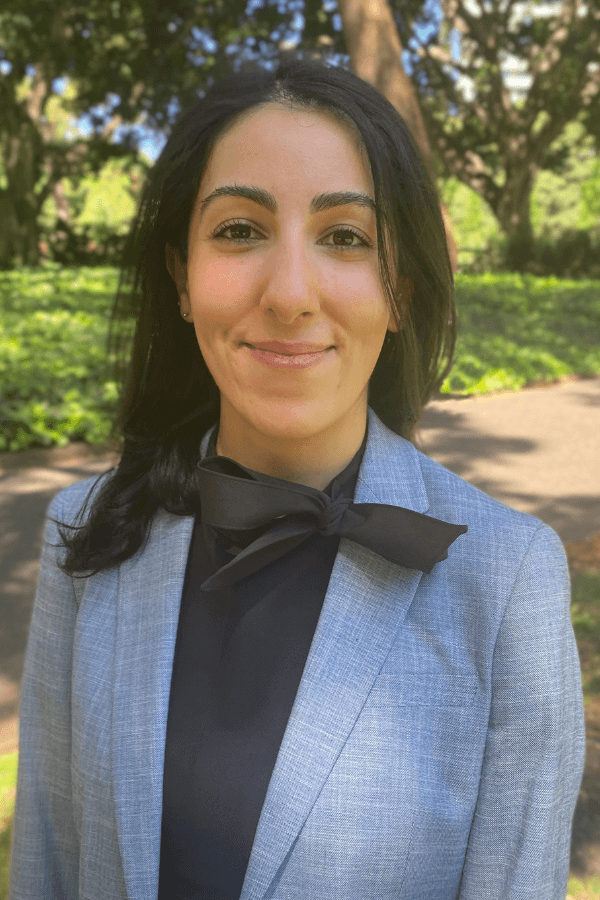
“I was disappointed because I was concerned about civil liberties. I couldn’t help but think – we have NRL stadiums opening up, but now we can’t help ensure that these protests occur alongside the worldwide movement? This was something you can’t just postpone.”
With less than 24 hours before the protest was scheduled to occur, the protest organisers knew that they wanted to appeal the decision. The problem was that at 8:30 p.m. on Friday, there was nearly no chance of getting a bench of three Supreme Court Judges together to hear the appeal in time. The lawyers were undeterred, Peter O’Brien recalled that:
“The reality is that the prohibition order had no effect at all on the number of people willing to come out and protest anyway. With all respect to the Court, these movements are going to be bigger than a judgment can ever facilitate an ultimate outcome for.
After all, a prohibition order is a wholly inappropriate way of describing what is actually declared, because the protest is not in fact prohibited at law. Australians, as in any healthy democracy, have the right to protest. The Summary Offences Act does not stop or make unlawful a public assembly for the purpose of democratic protest. To do so would be entirely unconstitutional, not to mention an anathema in a democracy.
Rather, the practical reality was that the Supreme Court’s order meant a possible restriction of the protestors to the footpaths which, considering the number of protestors, would dismantle any attempt of social distancing, and possibly cause conflict with Police as protestors inevitably spilled onto the streets. Considering the nature of the protest, such a consequence would have been disastrous. That is what we, as lawyers, sought to avoid in the best interests of the protestors, the community, and the police.”
Though O’Brien Criminal and Civil Solicitors were confident that their appeal could succeed, the hardest part was not the legal arguments, but getting those arguments heard by three Supreme Court of Appeal Judges on a Saturday.
Thanks to some extensive networks, quick thinking, and several strokes of fortune, the Supreme Court of Appeal sat in full force at 1:45 p.m. on Saturday the 6 June, less than two hours before the protests were scheduled to begin at 3:00 p.m. Hearing the matter were three of NSW’s most esteemed legal minds, including the Chief Justice of NSW, the President of the Court of Appeal, and Judge of Appeal Lemming.
The weight of the matter became bleedingly obvious to all involved when, while still in Court, the lawyers representing the protestors began receiving reports of incidents of apparent Police brutality. Elliot Rowe, a lawyer at O’Brien Criminal and Civil Solicitors stated that:
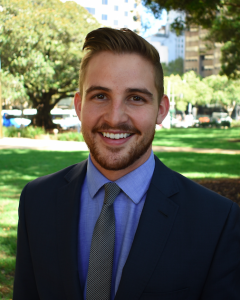
“I was sitting in Court talking to someone who had been liaising between protestors and Police, when he told me that he would have to go, as he was receiving reports that Police had begun tasering and pepper spraying protestors who were making their way to the protests. In that moment I felt the very real consequences of what the effects of that judgment could be.”
With the major hurdle of getting before the Court out of the way, the protestors, represented by O’Brien Criminal and Civil Solicitors and two highly experienced barristers, Mr Stephen Lawrence and Ms Felicity Graham of Black Chambers, began to argue their case.
By 2:45 p.m., just fifteen minutes as tens of thousands of protestors were already gathering at Town Hall, the Judges made their decision – the protestors had properly notified the Police of their intention to gather, and thus the vigil was an authorised public assembly.
A Frantic Victory
Naturally, the protestors and their lawyers were overcome with relief; Peter O’Brien recalls:
“We were desperately worried that there would be ugly scenes if the police attempted to enforce the first decision made by Justice Fagan. I shudder to think what would have happened if Police had been allowed to move in on the protestors. People would have been corralled and kettled into close proximity, possibly resulting in a spread of infection, and potentially causing unnecessary conflict with Police. That was avoided.”
Likewise, Elliot Rowe also reflected on the immense significance of the win:
“I saw firsthand how a few individuals can use the legal system to bring about effective and immediate change. Within the space of a few hours we had heard of Police beginning to brutalise protestors, only stopping when the judgment was issued, leading to a peaceful and powerful protest.
Nonetheless, the job was not yet complete, as the lawyers and their clients scrambled to spread the message that the protest was no longer prohibited, ensuring that both police and protestors were well aware of this fact.
Thanks to extensive networks and eager onlookers, this was achieved in no time. Sidnie Sarang recounted:
“As we left the Court, we saw a group of protestors making their way to the designated location. We approached them to let them know that the decision prohibiting the protest had been overturned – hopefully to comfort them as they marched. The thing was, they had already heard, just minutes after the decision was made! I saw it as a beautiful testament to the unity of this movement.”
Thanks to these last-minute efforts, the vigil went ahead largely without incident.
Concerns expressed by critics, including the Australian Prime Minister Scott Morrison, that Sydney’s protestors were reckless and likely to cause the spread of Covid-19, have been dispelled; nearly three weeks on, no Sydney protestors have tested positive for the disease.
Unfortunately, as the protest continued into the evening, police officers nonetheless broke their discipline, corralling peaceful protestors in Sydney’s Central Station before unleashing a barrage of pepper spray against them. Though Police will likely attempt to justify this as an incident divorced of the legal protests, O’Brien Criminal and Civil Solicitors is now representing several of the victims of that incident in civil claims against the NSW Police.
O’Brien Criminal and Civil Solicitors continues to represent clients affected by Police misconduct and abuse of power. Our lawyers will continue to work tirelessly to ensure justice is achieved through all avenues available to us.
If you think that you may have been subjected to unfair, cruel or harmful treatment by the Police, contact O’Brien Solicitors via our website or on (02) 9261 4281 for a free consultation.



